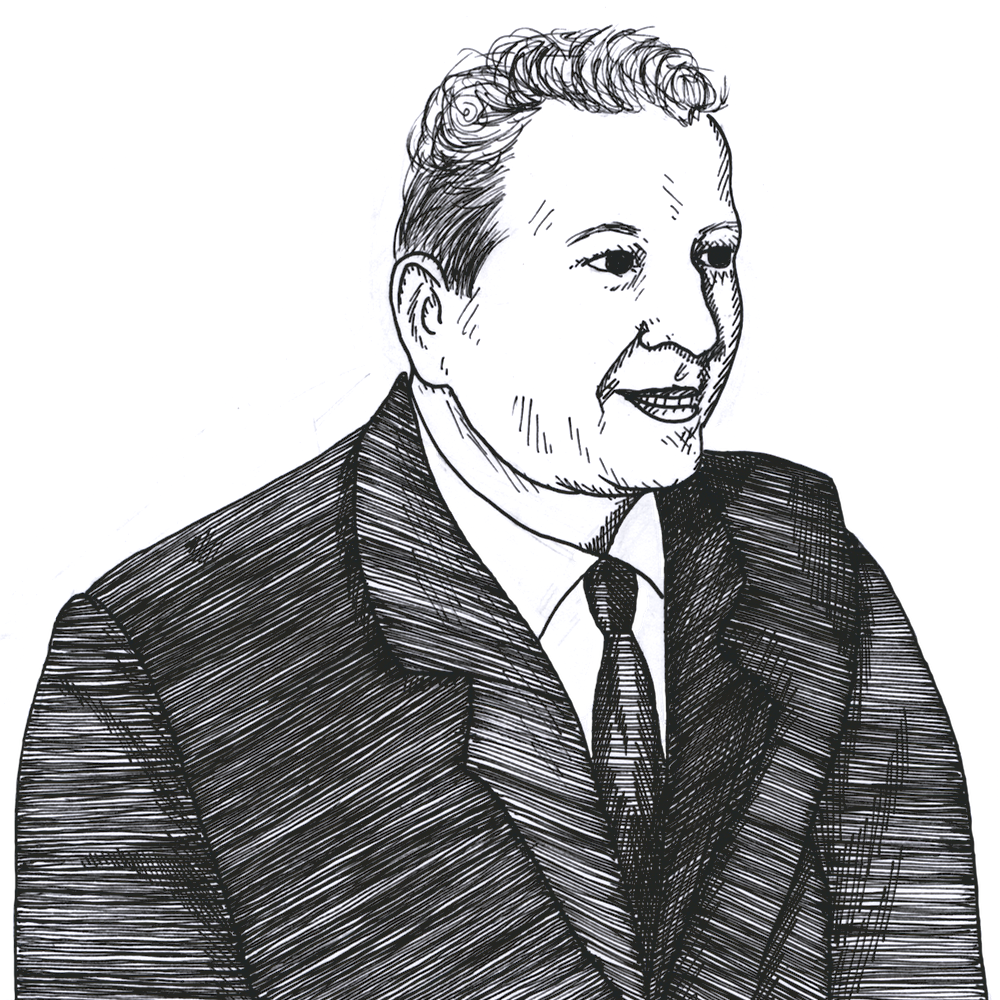
Bruno Leoni notes the strong connection between economic freedom and decentralized legal decision-making (1961)
Found in: Freedom and the Law (LF ed.)
In the Introduction to Freedom and the Law the great Italian legal scholar and past President of the Mont Pelerin Society, Bruno Leoni, noted the strong connection between economic freedom and decentralized legal decision-making:
Law
Unless I am wrong, there is more than an analogy between the market economy and a judiciary or lawyers' law, just as there is much more than an analogy between a planned economy and legislation. If one considers that the market economy was most successful both in Rome and in the Anglo-Saxon countries within the framework of, respectively, a lawyers' and a judiciary law, the conclusion seems to be reasonable that this was not a mere coincidence.